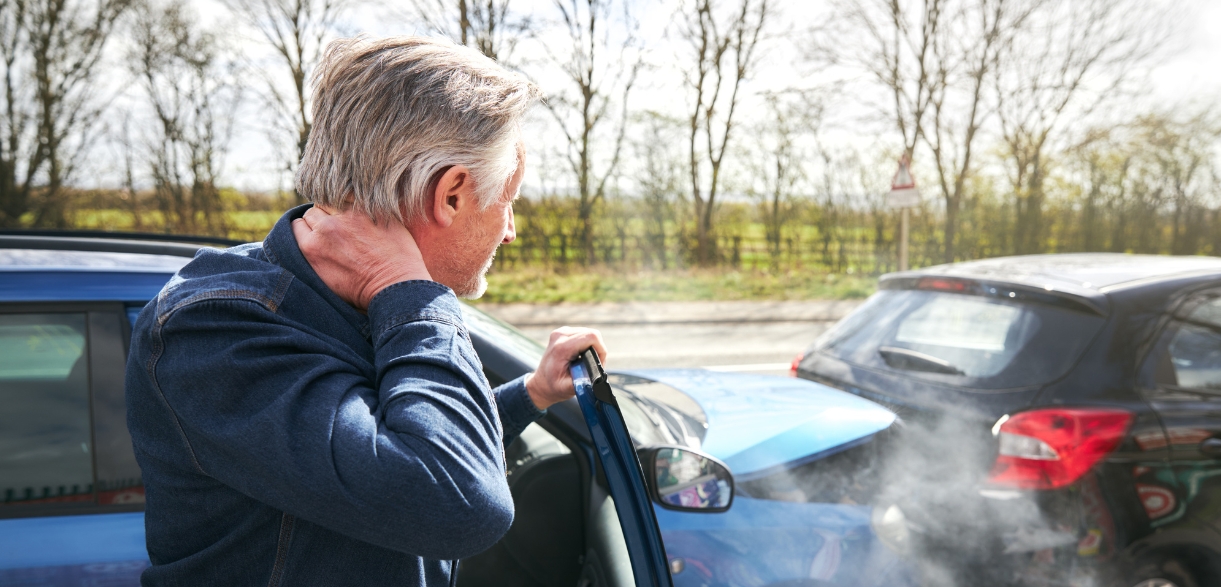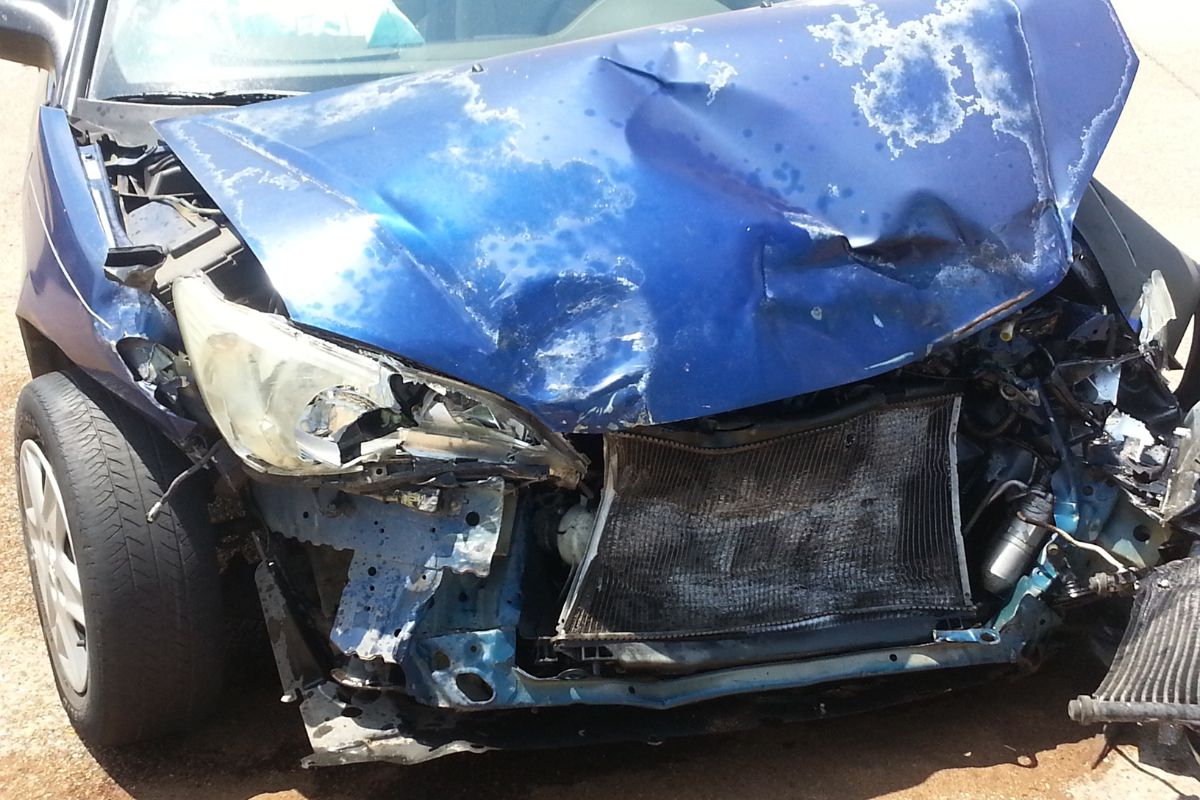
A car accident can turn your world upside down in a matter of seconds. The chaos and confusion that follow make it easy to overlook critical steps. Whether it’s forgetting to gather evidence or delaying medical care, these missteps could cost you your rightful compensation. If you’ve been in an accident, knowing what to avoid is just as important as knowing what to do.
Many accident victims make innocent mistakes that hurt their claims, sometimes without even realizing it. Insurance companies often use these errors to reduce payouts or deny claims altogether. But you don’t have to let that happen. By understanding the most common mistakes and how to avoid them, you can protect your rights and improve your chances of a successful claim.
In this blog, we’ll uncover five critical missteps to avoid after a car accident—and provide actionable tips to keep your claim on track. Stay informed and take control of your case starting today.
1. Failing to Call the Authorities
Contacting the police after a car accident isn’t just a formality—it’s a critical step in protecting your rights. A police report provides an official record of the incident and is often a cornerstone in building a strong claim. Skipping this step can leave gaps in your case and weaken your position during negotiations.
Here’s why calling the authorities matters:
- Documentation of the Scene: Police reports detail the accident’s time, location, and conditions, creating a reliable record for later use.
- Credibility with Insurers: Insurance companies value police reports as impartial accounts of the event, which helps validate your claim.
- Legal Compliance: Failing to report an accident may violate state laws, potentially resulting in penalties.
Never assume that a minor accident doesn’t require police involvement. Even if damages seem negligible, an official report can be pivotal if disputes arise later. Protect your case by staying proactive and making that call right away.
2. Not Gathering Evidence at the Scene
The minutes after an accident are your best chance to capture evidence that supports your claim. Overlooking this step can make it difficult to prove fault or validate your injuries later. Visual proof and firsthand accounts carry significant weight in legal and insurance proceedings.
Essential evidence to gather includes:
- Photographs and Videos: Document vehicle damage, skid marks, traffic signals, and weather conditions.
- Witness Contact Information: Collect names and phone numbers of bystanders who saw the accident.
- Driver Details: Exchange insurance and license information with the other driver(s).
Even minor details, like the exact location of the accident, can make a big difference. If you’re injured and unable to collect evidence, ask a trusted friend or family member to assist. Every piece of information you gather bolsters your claim.
3. Admitting Fault or Apologizing
It’s natural to feel sorry after an accident, but saying, “I’m sorry” or admitting fault can severely harm your case. Insurance companies and opposing parties may interpret such statements as an admission of liability, reducing your chances of full compensation.
Avoid these pitfalls:
- Be Mindful of Your Words: Focus on facts and avoid speculative statements like, “I didn’t see you.”
- Don’t Discuss Fault: Let the investigation determine responsibility rather than assigning blame yourself.
- Understand Comparative Negligence: In states where fault affects compensation, admitting any percentage of liability can diminish your payout.
Stay calm and courteous, but avoid apologizing or making self-incriminating remarks. Let the facts, evidence, and legal guidance speak for you.
4. Delaying Medical Attention
Even if you feel fine after an accident, seeking immediate medical care is essential. Some injuries, like whiplash or internal trauma, don’t show symptoms right away. Delaying treatment can hurt both your health and your claim.
Here’s why timely medical attention matters:
- Medical Records: Doctor’s reports serve as evidence linking your injuries to the accident.
- Prevention of Complications: Early diagnosis ensures prompt treatment and avoids worsening conditions.
- Claim Credibility: Insurers may argue that delayed treatment indicates your injuries weren’t serious or unrelated to the accident.
Visit a healthcare provider as soon as possible, and follow all prescribed treatments. Keeping a record of your appointments and treatments adds strength to your case.
5. Speaking to the Insurance Company Without Legal Advice
Insurance companies are not on your side—they aim to settle claims for the least amount possible. Speaking to them without professional guidance can lead to statements or agreements that jeopardize your case.
Protect yourself by:
- Avoiding Recorded Statements: Decline any requests for recorded interviews until you’ve consulted an attorney.
- Not Accepting Early Offers: Initial settlements often undervalue your claim.
- Seeking Legal Advice First: Experienced attorneys can help you navigate tricky questions and negotiations.
If you’ve been in an accident, consulting car accident lawyers in Springfield ensure you don’t inadvertently harm your claim. Their expertise can protect your rights and maximize your compensation.
Steps to Take to Strengthen Your Claim
Taking the right steps after an accident can make or break your claim. Acting quickly and strategically puts you in the best position to secure fair compensation.
Use this checklist to protect your case:
- Report the Accident: Contact the police and document their response.
- Gather Evidence: Take photos, videos, and witness statements.
- Seek Medical Attention: Ensure all injuries are documented and treated promptly.
- Contact an Attorney: A legal expert can guide you through the process and ensure compliance with state laws.
Every action you take reinforces your claim and shows insurers you’re serious about protecting your rights.
The Importance of Legal Representation
Navigating a car accident claim without legal help can feel overwhelming. Experienced attorneys understand the legal system, insurance tactics, and the value of a well-prepared case.
Here’s how a skilled lawyer supports your claim:
- Handling Complex Processes: They manage paperwork, evidence, and deadlines efficiently.
- Advocating for Your Interests: Lawyers negotiate with insurers to secure the compensation you deserve.
- Providing Peace of Mind: With a lawyer on your side, you can focus on recovery while they handle the legal complexities.




